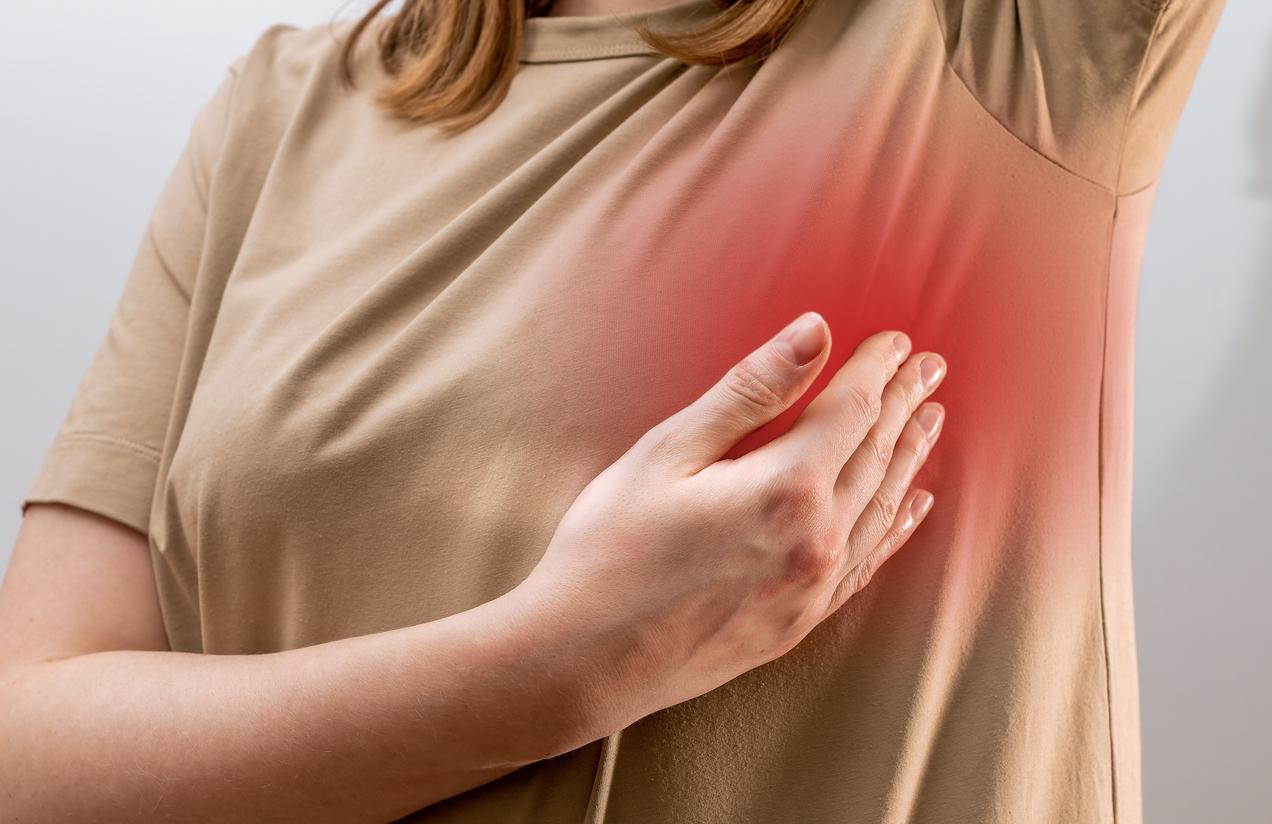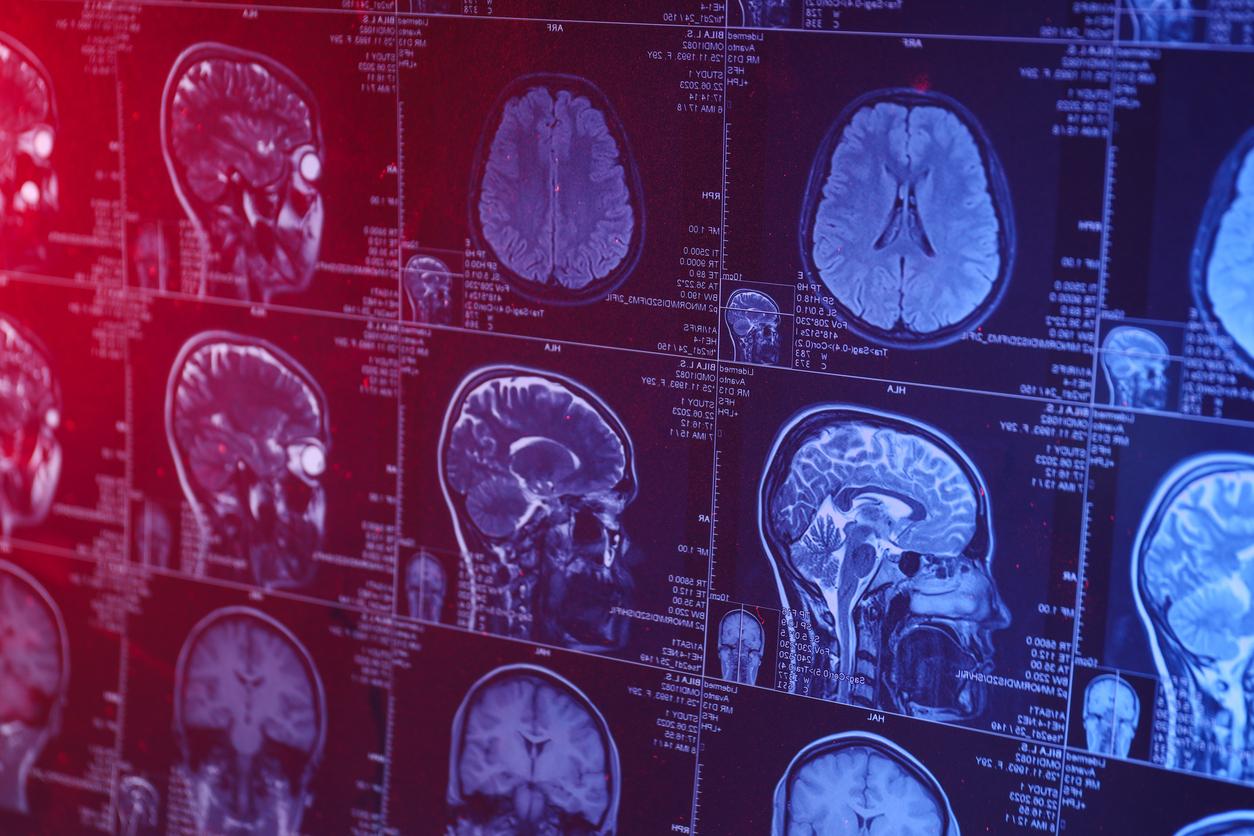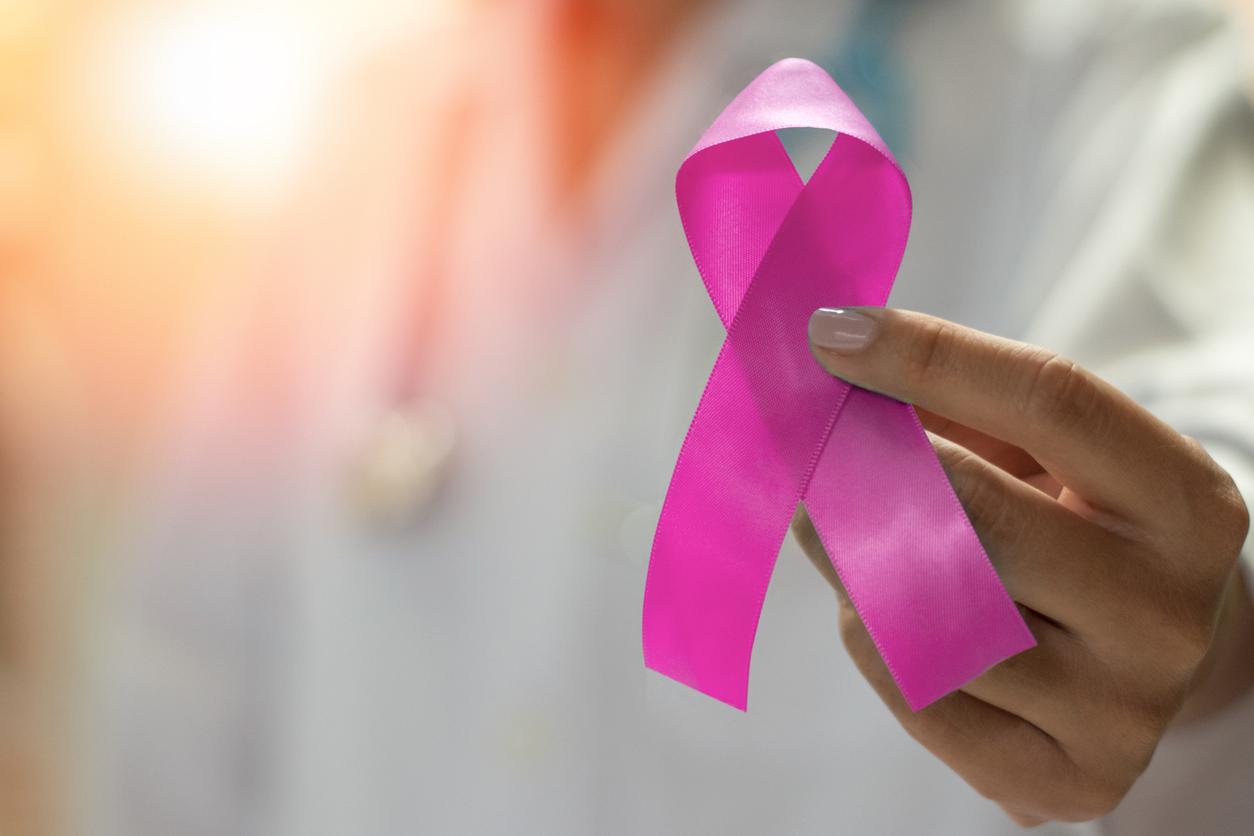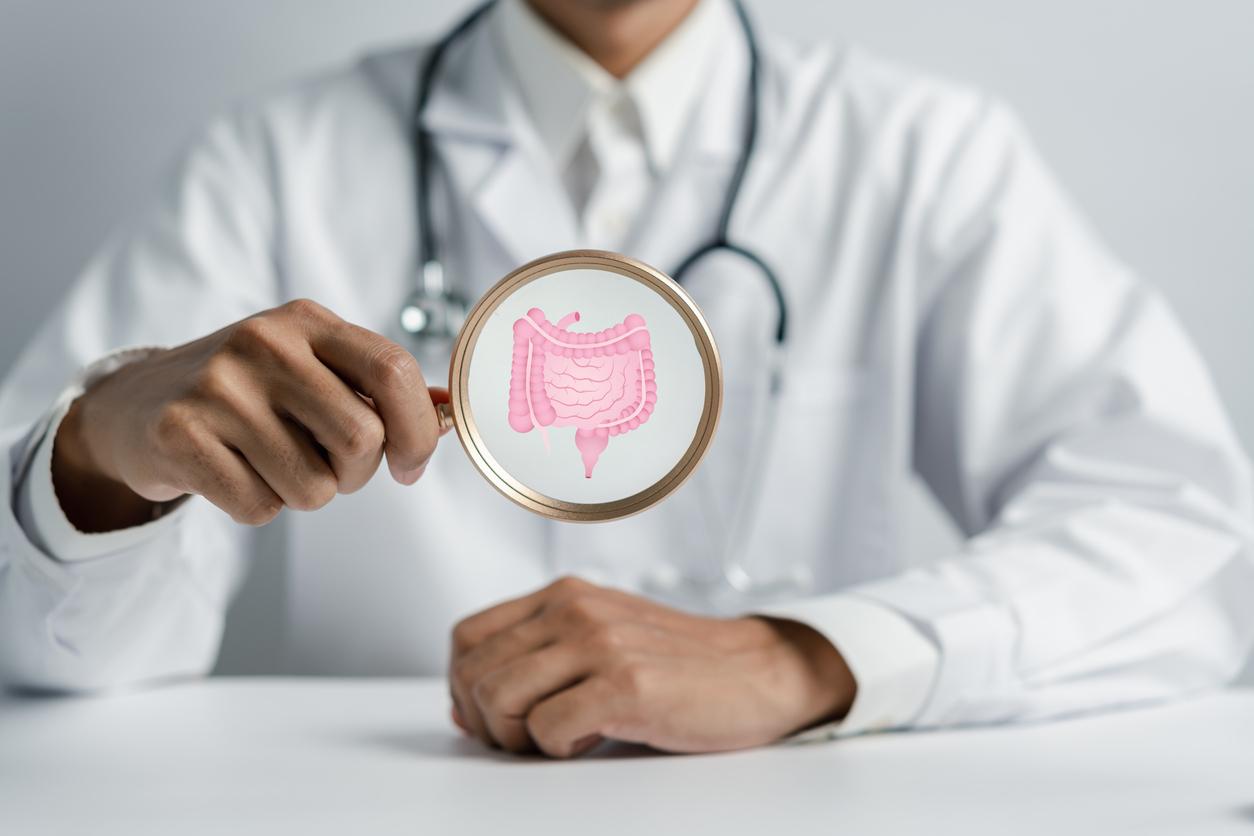On the occasion of Pink October, Professor Luis Teixeira (Saint-Louis AP-HP Hospital) takes stock of immunotherapy and antibodies, two new areas of treatment against breast cancer.

- In 2017, the prevalence of breast cancer was estimated at 913,089 people.
- New treatments for breast cancer have emerged in recent years.
- These are immunotherapy and antibodies.
Concerning breast cancer, recent years have been marked by significant progress in the management of patients in locally advanced and metastatic situations.
Breast cancer and immunotherapy: what progress?
The first advance concerns immunotherapy, currently represented by the use of check-point inhibitors in combination with chemotherapy.
“These treatments allow the “awakening” of the immune system which can then attack the tumor disease and potentiate the effect of chemotherapy”, explains Professor Luis Teixeira (Saint-Louis AP-HP Hospital).
Indeed, in the context of so-called triple negative breast cancer, the addition of pembrolizumab to conventional chemotherapy has been able to show:
– an increase in the effectiveness of treatments in the neoadjuvant situation, with an increase in the histological complete response rate, a reduction in recurrences and an increase in overall survival;
– in a metastatic situation, an improvement in overall survival for patients eligible for these treatments.
“Results from recent studies also seem to confirm the interest of immunotherapy in the neoadjuvant setting in certain hormone-dependent cancers”, completes Luis Teixeira.
Breast cancer and antibodies: what developments?
The second advance is the advent of conjugated antibodies in the therapeutic arsenal. “So-called conjugated antibodies are monoclonal antibodies to which chemotherapy molecules have been linked,” says Luis Teixeira. “These treatments allow an increase in the therapeutic index by allowing better targeting of the cells to be eliminated and a cytotoxic* treatment delivered to the target cells”, he adds.
The latest studies extend the indications for these conjugated antibodies which work better than chemotherapy, including in hormone-dependent breast cancers when hormone therapy no longer works.
“Ongoing research aims to combine antibodies conjugated with immunotherapy in order to further improve the prognosis of patients,” completes Luis Teixeira. “Finally, these conjugated antibodies are tested in a neoadjuvant* situation with real chances of changing practices”, he finishes.
Breast cancer: what is the survival rate in France?
The median age at diagnosis of breast cancer is 64 years in France, and the standardized 5-year net survival rate for women diagnosed between 2010 and 2015 is 88%.
In 2017, the prevalence of breast cancer was estimated at 913,089 people.
* Cytotoxics aim to stop or slow down the progression of the proliferation of tumor cells.
* Treatment which precedes a main treatment.


















